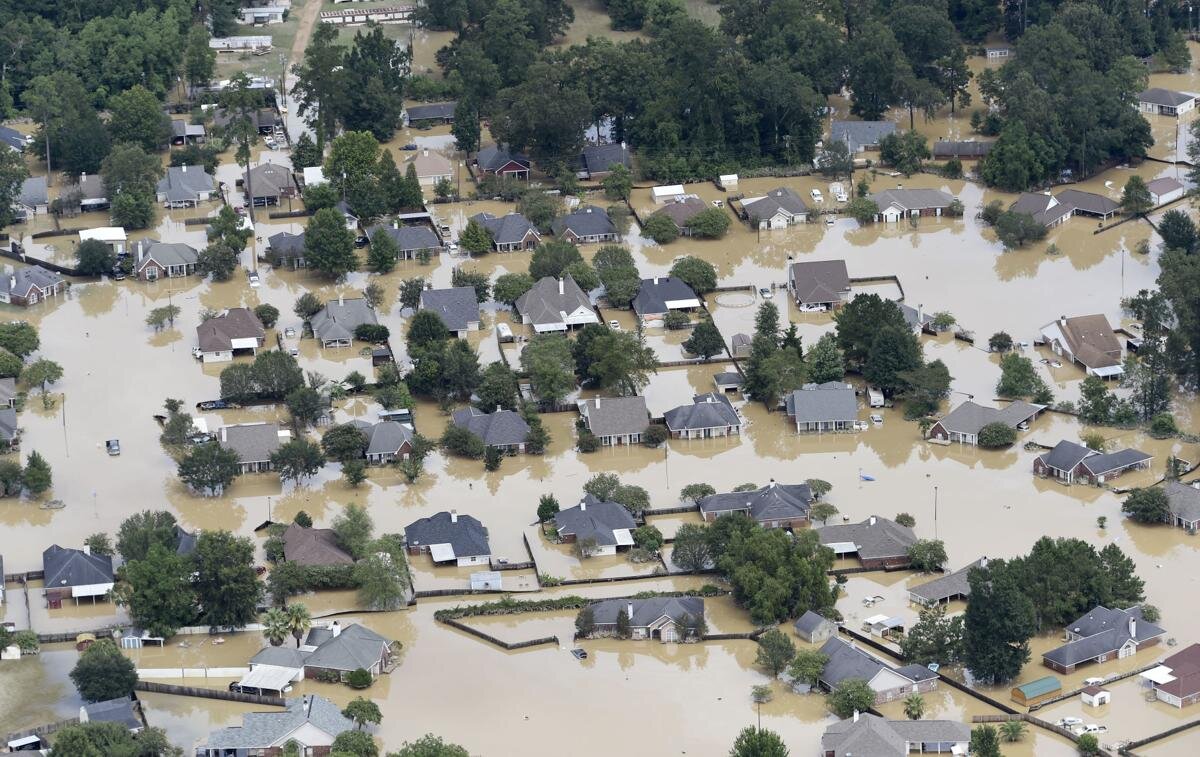Happy New Year! As we roll into the new year, we wanted to take a quick look back at the dynamic conversations that took place during CPEX’s Virtual Smart Growth Summit in November. We’ll highlight top takeaways from each session to guide us as we take on the challenges ahead and seize new opportunities to secure a resilient future for Louisiana in 2022.
CPEX helped “shape our future” at this year’s Virtual Smart Growth Summit by bringing together experts and innovators from across the nation to share their ideas and solutions for the challenges our communities face – such as climate change, health disparities, and racial and economic inequalities.
Thanks to the support of our sponsors and our members, we were able to adjust to the “new normal” and offer the 2021 Virtual Smart Growth Summit at no charge again this year, spanning three days and providing a wealth of information and insight ranging from our climate crisis and its impact on racial inequity to viable solutions for flood risk mitigation and healthy community design. Here are some of the top takeaways to keep in mind as we embark on a new year of great work:
Climate Resiliency: Communities Built to Last
Hurricane Laura hit Louisiana in August of 2020 – a year and a half later, communities in Southwest Louisiana are still fighting to recover. At a time when communities throughout Louisiana and the rest of the nation are struggling to recover from natural disasters that have become more frequent and intense, this opening session brought forth a critical and honest discussion about how to ensure that our communities are built to withstand the future impacts of climate change. Engaging HUD in this conversation provided insight on how the federal government is shifting programs to support disaster recovery that builds lasting resilience and how locals can position themselves to benefit from these programs. One theme that stood out: informed and inclusive decision making at all levels is critical to ensure that investments being made in climate resilient infrastructure result in the progress needed toward climate goals and an equitable distribution of risks and rewards.
Speaker Highlights:



























